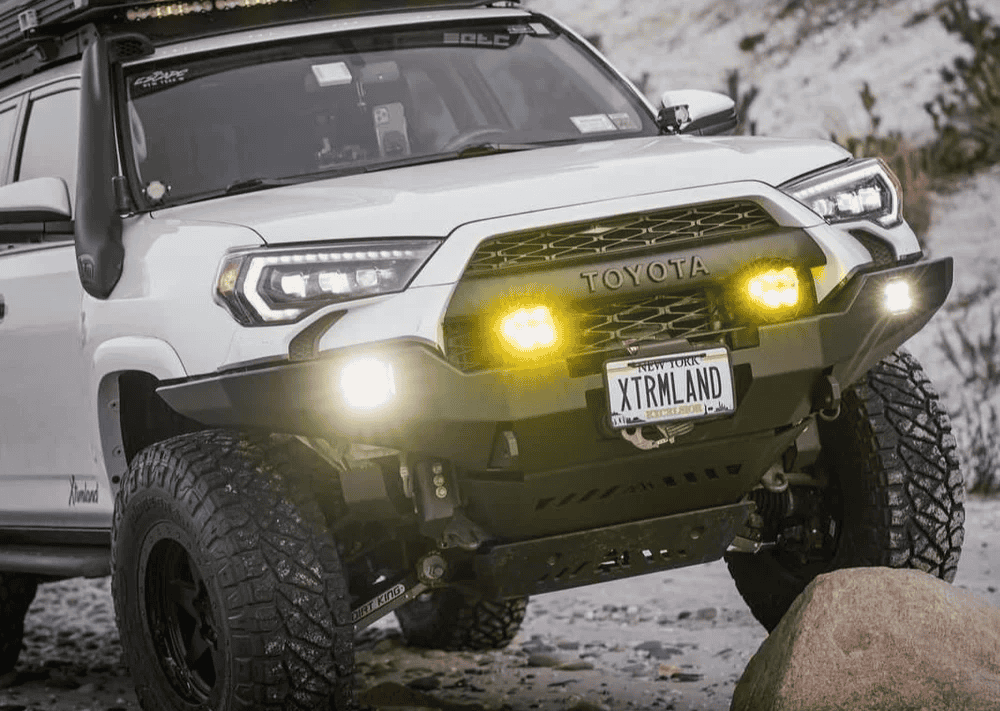Overland Vehicles

Overlanding blends road manners with dirt road confidence and camp comfort. Range matters, so fuel capacity and efficiency figure into the plan. Reliability outranks raw power, because a minor failure can end a trip far from help. Tire choices lean toward all terrain patterns that balance wear, noise, and grip across mixed surfaces. Suspension tuning accounts for constant payload from water, batteries, food, tools, and spares, keeping ride height consistent and handling predictable.
Navigation is more than a trail map. Overlanders track resupply points, water sources, legal campsites, and weather windows. Power systems support fridges, lights, comms, and ventilation without idling. Water storage and filtration keep crews healthy. Storage must be secure and accessible, preventing rattles and keeping weight down low and centered. Every choice supports the simple goal of moving comfortably, day after day.
Off road is a technical discipline focused on traction, ground clearance, and control. Approach, breakover, and departure angles decide where you can place tires without striking bumpers or skids. Locking differentials, crawl gear ratios, and low speed throttle control shine on rocky climbs and deep ruts. Sidewall strength matters when running lower pressures for grip. Mud terrain tires bite and self clean but are louder and less efficient on pavement.
Weight is the enemy of capability. Heavy accessories can raise the center of gravity and stress components, so off road setups are often minimal and modular. Protection is prioritized where impacts are likely: skid plates for the engine and transmission, rock sliders for the body, and real recovery points rated for load. Spotters and clear hand signals reduce risk on blind drops and tight lines.
Selecting between these styles comes down to where you plan to drive and how you want to live on the road. If your map lines connect distant trailheads and quiet camp nights, an overland build that emphasizes range, storage, and power systems will feel effortless. If your weekends revolve around ledges, washouts, and slow crawls, capability upgrades like tires, suspension, protection, and recovery tools will pay off more than a large galley or long term water storage.
Not sure how to balance comfort and capability for your routes. Start with a clear use case and a realistic payload target, then design outward. You can explore proven configurations here: Explore Overland Rigs. When you are ready to translate a plan into a purpose built system, our team can map parts, materials, and timelines that fit your terrain and travel days: Custom Overland Upfit.
Experience matters in blending daily drivability with trail performance. Learn how our process and client support reduce risk and deliver predictable results before you hit the trail: Why Choose OZK Customs. From Fayetteville Arkansas we build for coast to coast trips and the rocky ledges in between, and we walk you through every system before handoff.
If the road ahead looks like a string of horizons and the occasional rocky challenge, we can shape a rig that fits both. Tell us how you travel, what you carry, and what trails you dream about. We will turn that into a build plan that is safe, serviceable, and ready for your kind of adventure.
Ready to build the right rig for your terrain, timeline, and travel style? Book a consult with OZK Customs in Fayetteville Arkansas. We design and deliver purpose built overland rigs and capable off road builds, then walk you through every system before you roll out. Share your goals and we will shape a plan that fits your routes and your budget.
ADDRESS:
6159 E Huntsville Rd, Fayetteville, AR 72701
PHONE:
(479) 326-9200
EMAIL:
info@ozkvans.com